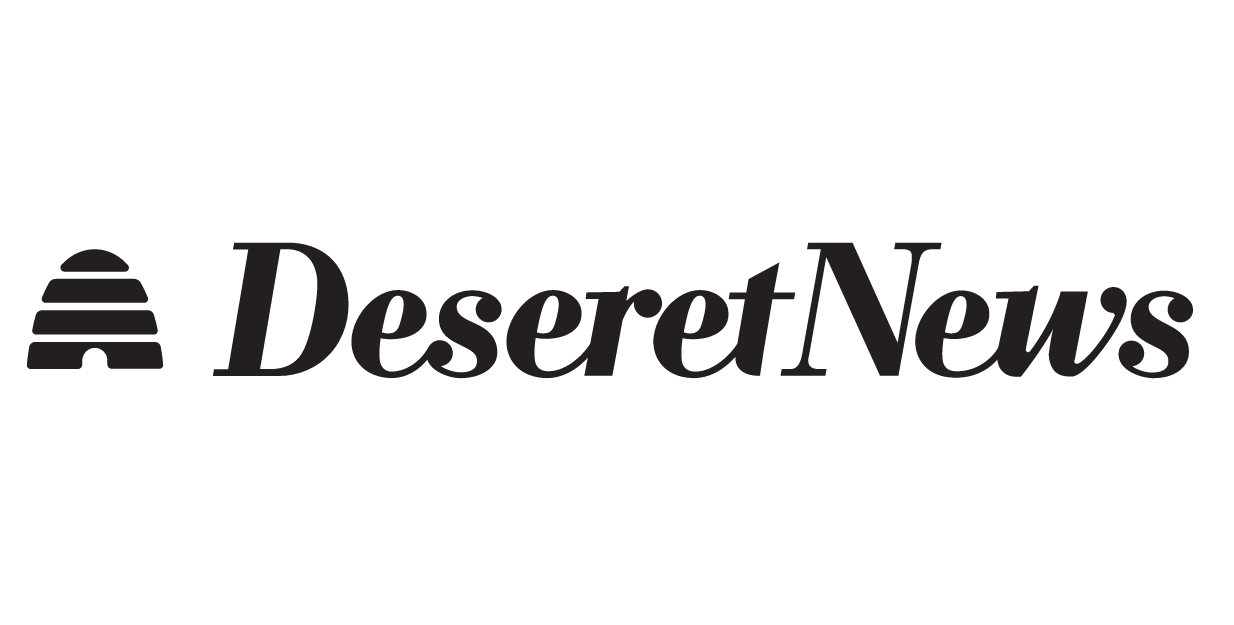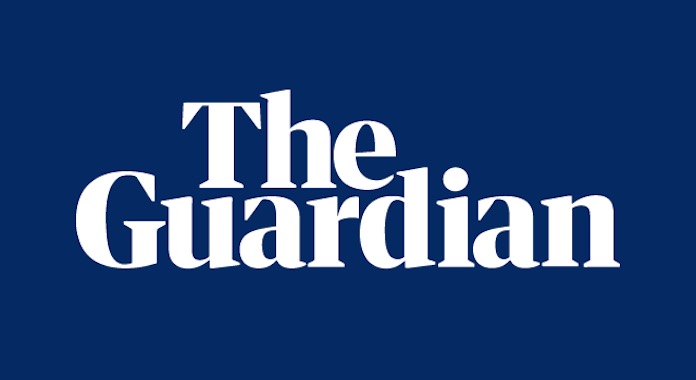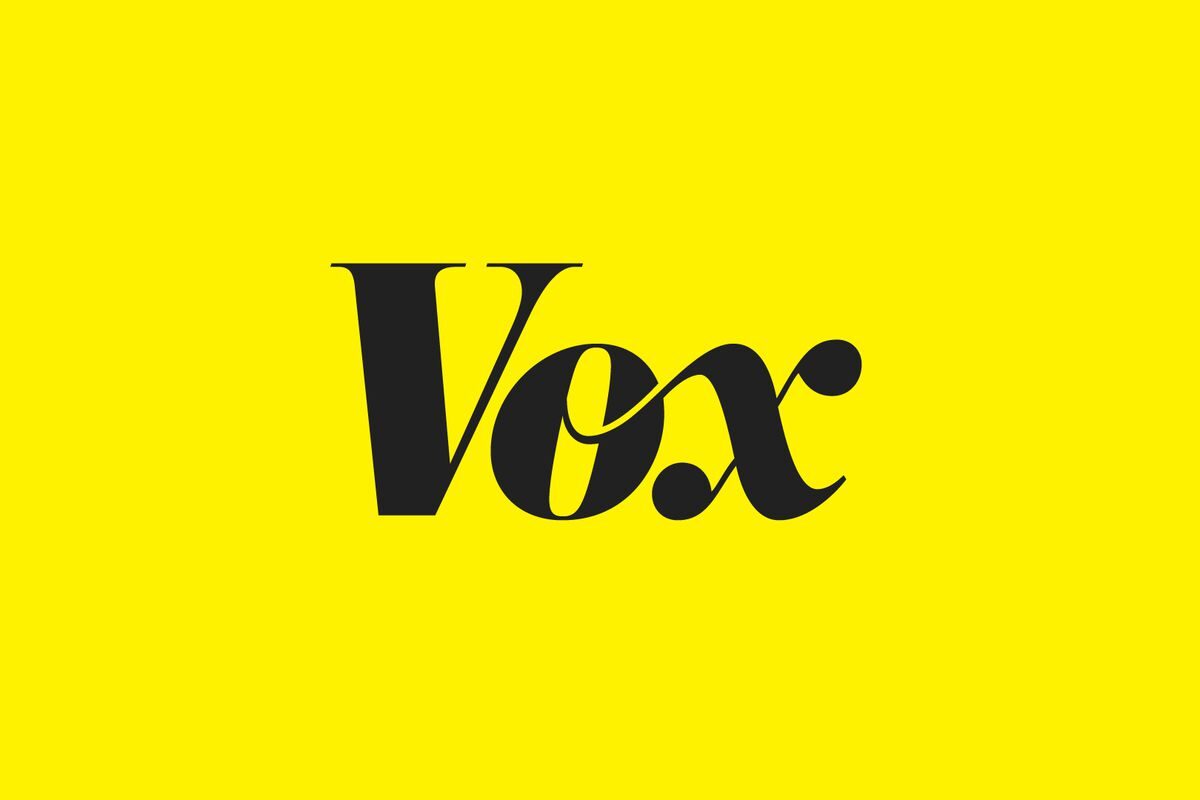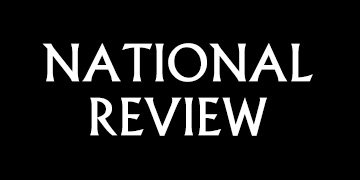Blog April 26, 2023
Does Politics Make People More Likely to Identify as LGBTQ?
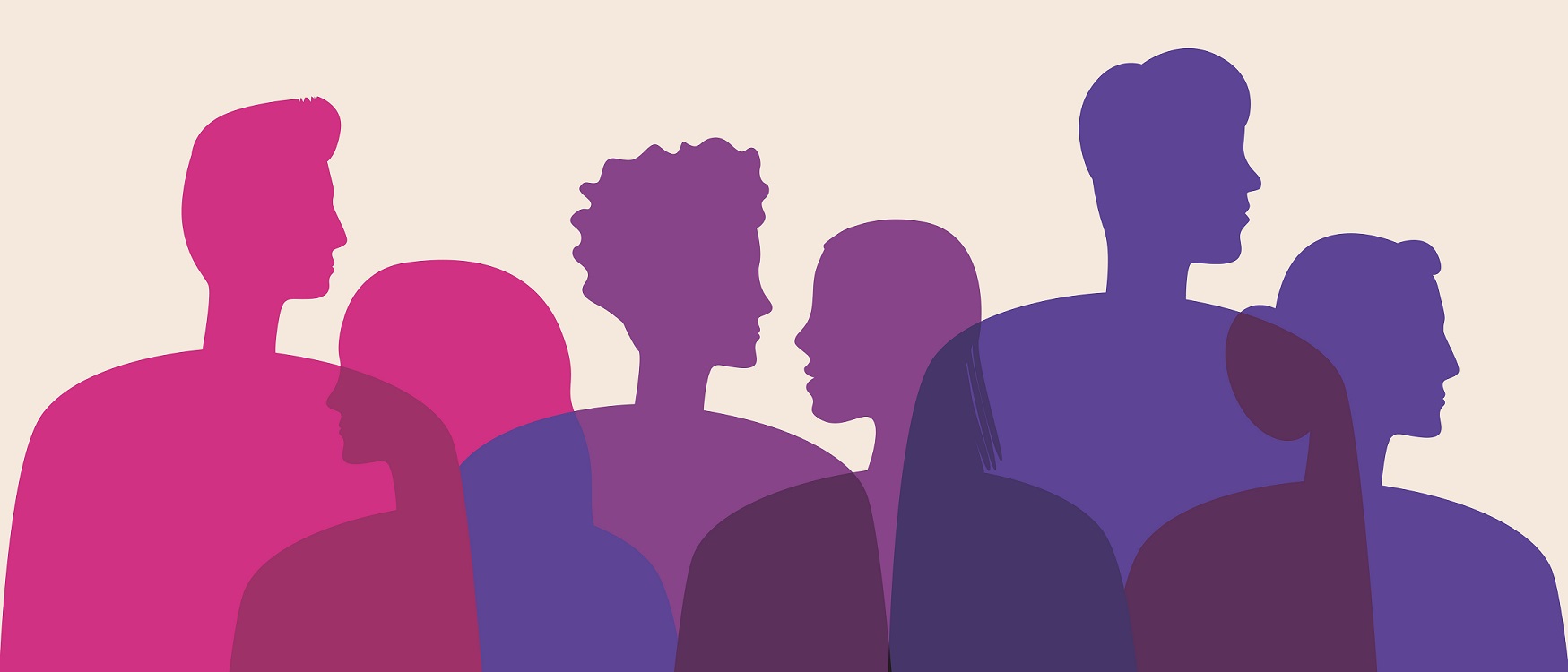
Sexual orientation and political views are strongly correlated: LGBTQ Americans are more liberal than their straight and cisgender counterparts. In the Survey Center on American Life’s recent polling, 54 percent of LGBTQ respondents identified as liberals compared to just 27 percent of straight respondents. Indeed, LGBTQ people hold more left-wing views on issues that have nothing to do with sexuality or gender identity. They’re more likely to support gun control, government-run health insurance, increased immigration levels, and more.
Why is this? The most common explanation assumes that the experience of living in the US as a member of a marginalized group encourages affinity to liberal politics. Having faced discrimination against their sexuality or gender, the logic goes, makes LGBTQ people more aware of social inequalities and more likely to turn to liberal solutions for them.
Research by Dr. Patrick J. Egan at NYU, however, shows that the relationship sometimes works the other way round. It’s not just that being LGBTQ makes people more liberal; he argues that liberals are more likely to claim an LGBTQ identity in the first place.
In his recent work, Egan tracks survey respondents over time and finds that some people update their social identities to match their political views. Liberal Democrats who identified as straight in one survey were twice as likely as conservative Republicans to switch their identity from straight to LGB. On the other hand, conservative Republicans stopped reporting LGBTQ identities at higher rates than liberals, suggesting the relationship between political and social identities cuts both ways. If people change the way they identify to match their political beliefs, then maybe we’ve got the link between LGBTQ and liberalism the wrong way round.
So, does being liberal influence LGBTQ identity? Or does being LGBTQ cause people to adopt liberal views? We ran a new experiment to find out.
An experiment to test if politics affects LGBTQ identity
To test Egan’s theory, we wanted to see if priming people to think about political stances on LGBTQ issues would change how they identified themselves. If we prompted people to think about liberals favoring (and conservatives opposing) LGBTQ rights, would liberals become more likely (and conservatives less likely) to say they themselves were LGBTQ?
We tested this in the January 2023 American Perspectives Survey. Toward the end of the survey, a random half of respondents were asked a question designed to make them think about politics and LGBTQ issues:
As you may know, recent studies have found that people who are LGBT are four times more likely to be victims of violence than people who are straight. How much, if at all, do you think negative statements about LGBT people made by political conservatives contributes to violence against LGBT people?
Following the prompt, respondents were asked if they identified as straight; lesbian or gay; bisexual; queer; asexual or aromantic; or something else. The other half of the sample did not receive the statement but rather received the sexual orientation question.
Did priming people about politics change their LGBTQ identification?
In a word, no. In the full sample, 9.8 percent of those who first got the political question said they were something other than straight. Statistically, it’s no different from those who didn’t get the prime—9.6 percent of that group said they were LGBTQ.
We see the same results when breaking it down by ideology. We’d expect liberals to identify more as LGBTQ if primed to think about politics. But they said they were LGBTQ at the same rates—17.4 percent when primed, 17.6 percent when not. We’d expect conservatives to identify less as LGBTQ when reminded of politics, but there was no difference there either—4.4 percent of conservatives in the primed group said they were LGBTQ, no different from the 4.4 percent of conservatives in the control group.
Being prompted to think about politics didn’t make liberals more likely, or conservatives less likely, to identify as LGBTQ. Nor did it change how important people said being LGBTQ was to their identity, or how many LGBTQ friends they had, when we asked follow-up questions. Being prompted to think about politics did not cause people to change their identities to match their political views.
Why did priming people not have any effect?
Figuring out why experiments didn’t have the expected effects is hard. There are a few reasons worth considering, including:
- Maybe the prime wasn’t strong enough to really make respondents think about LGBTQ politics.
- Maybe respondents already knew about the link between LGBTQ rights and liberal attitudes, and so couldn’t be primed any further (in social science terms, they were already “pre-treated”).
- Maybe there is an effect, but it’s too small to find in a single survey. Egan’s research showed a relatively small number of people changing their answers to the LGB identity question over time. So perhaps we’d need a bigger sample to show an effect (although 5,000 respondents is already much larger than most surveys).
There’s another explanation worth considering. Americans who identify as LGBTQ are far more likely to report having close friends who claim these identities as well. A majority of Americans who identify as gay, lesbian, bisexual, transgender, or queer have at least some close friends who share these identities. Few straight Americans report having as many close relationships with people who are LGBTQ. Nearly half say they have none.
Research has shown that social context—the network of personal relationships—has considerable influence on our political attitudes and personal beliefs. In this case, LGBTQ Americans who have more close friends in this community also report being more liberal than those who have fewer.
Or maybe most of the relationship between LGBTQ identity and liberal attitudes really does run from the former to the latter. If so, the increasing numbers of younger respondents who identify as something other than straight may be causing an increase in liberal views, rather than being a result of them.





